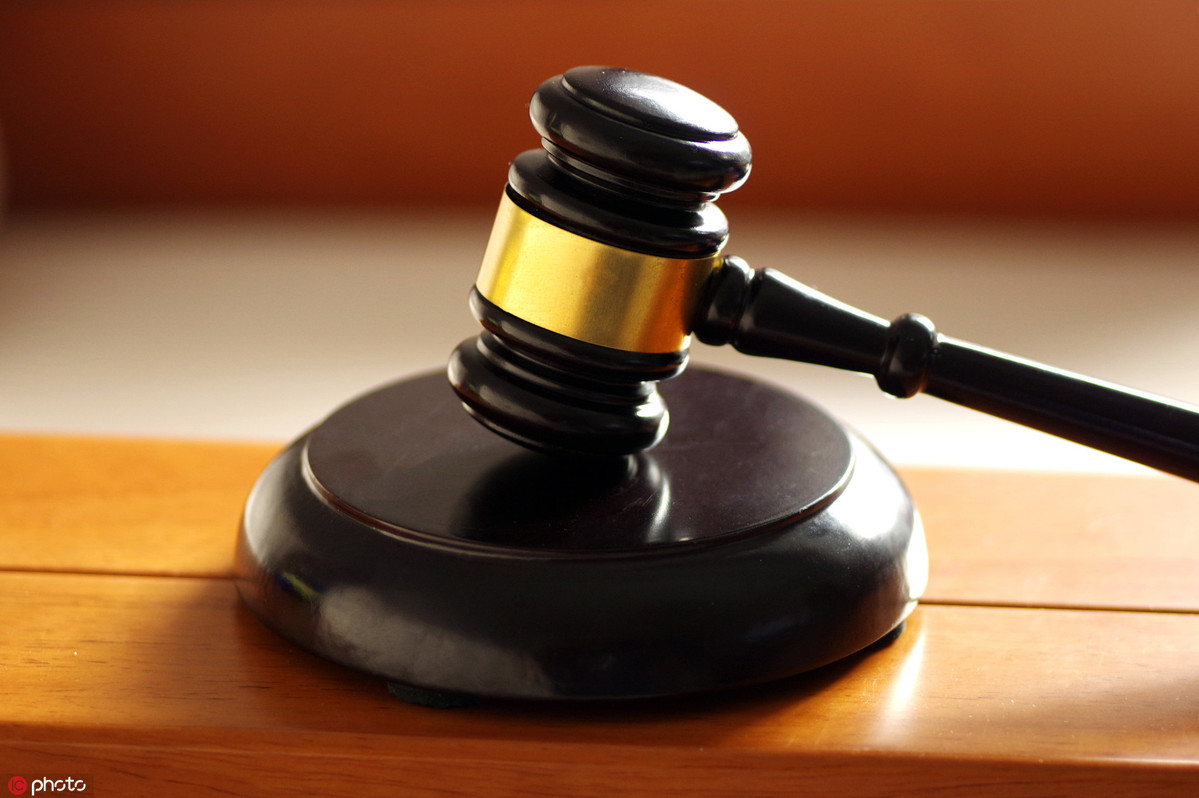Qualities will be basis for selection of judges
By Grenville Cross | China Daily Global | Updated: 2020-07-09 09:50

Under Article 44 of Hong Kong's National Security Law, the chief executive is required to designate a number of judges at all levels of court, "to handle cases concerning offenses endangering national security".
Before designating the judges, the chief executive may consult the Committee for Safeguarding National Security, as well as the chief justice, and this can be done expeditiously. Whereas the law was enacted on June 30, the first group of six judicial officers, all magistrates, was appointed on July 3 to handle initial arrest cases.
Although some people have questioned the propriety of this arrangement, this is misconceived, and smacks of criticism for criticism's sake. Every designated judge will come from existing judicial ranks and will already have established his or her credentials.
According to Article 88 of the Basic Law, the chief executive appoints judges on the recommendation of an independent commission, the Judicial Officers Recommendation Committee, chaired by the chief justice.
The Basic Law stipulates in Article 92 that judges and other members of the judiciary shall be-"chosen on the basis of their judicial and professional qualities".
The committee has listed the qualities required for judicial appointment. These include honesty, integrity, industry, independence and intellectual capacity, outstanding competence as a lawyer and professional excellence, mastery of facts and law, vision, drive and leadership qualities, and an ability to work with others and command respect.
Once a judge has passed through all these processes, he or she will be qualified to undertake whatever cases are assigned.
Judges are selected without regard to politics, and on the basis of their character. When judges are, as in Hong Kong, selected by an independent mechanism, it helps to promote respect for judicial authority.
All judges designated to handle national security law cases will have been carefully vetted by the committee before they are appointed to the judiciary.
Upon appointment, judges have to take the oath by which they undertake to "conscientiously, dutifully, in full accordance with the law, honestly and with full integrity, safeguard the law and advance justice without fear or favor", according to Section 17 of the Oaths and Declarations Ordinance.
Judicial officers may be chosen to handle particular types of cases, as where a particular expertise is required. Some judges, for example, handle criminal cases, and are not usually chosen to try other matters.
Sometimes judges are chosen to handle specialized legal areas, such as those involving admiralty issues, family law questions or judicial review.
There is nothing new in choosing "horses for courses". If the chief executive, having consulted with the chief justice, selects particular judicial officers to handle national security cases because of their track record in conducting criminal cases, there can be no legitimate objections.
Chief Justice of the Hong Kong Court of Final Appeal Geoffrey Ma Tao-li said that the only criteria for the appointment of designated judges are their judicial and professional qualities, and this means that "judges should not be designated on the basis of any political considerations".
Judges of foreign nationality, he said, are not excluded from being designated judges. Once the one-year term of a designated judge comes to an end, other suitable judges may then be designated.
Before a judge can be designated, any legal objections will have to be taken into account, including, said Ma, "any objections based on bias or reasonable perceptions of bias".
If a judge "has made any statement or behaved in any manner endangering national security "according to Article 44, this will be an impediment to the appointment.
Once the list of designated judges has been compiled, it will be for the judiciary itself, and not the chief executive, to decide which judges should handle which cases.
These procedures are transparent and fair. Indeed, the Basic Law states in Article 85 that the courts "shall exercise judicial power independently, free from any interference", and this constitutional guarantee will undoubtedly be fully respected at all times.
Anyone put on trial will only be convicted if the prosecution has proved its case beyond a reasonable doubt. As the law stipulates in Article 4, "the rights and freedoms" contained in the International Covenant on Civil and Political Rights, which include fair trial guarantees, "shall be protected in accordance with the law".
These encompass, under Article 5, such things as the presumption of innocence, the right to a proper defense and other customary rights of an accused person in a criminal trial.
The new law, while recognizing that national security must be safeguarded, also acknowledges that the rights of a defendant must also be protected, which is exactly the approach adopted throughout the common law world.
The author is a senior counsel, law professor and criminal justice analyst, and was previously the director of public prosecutions of Hong Kong.
























